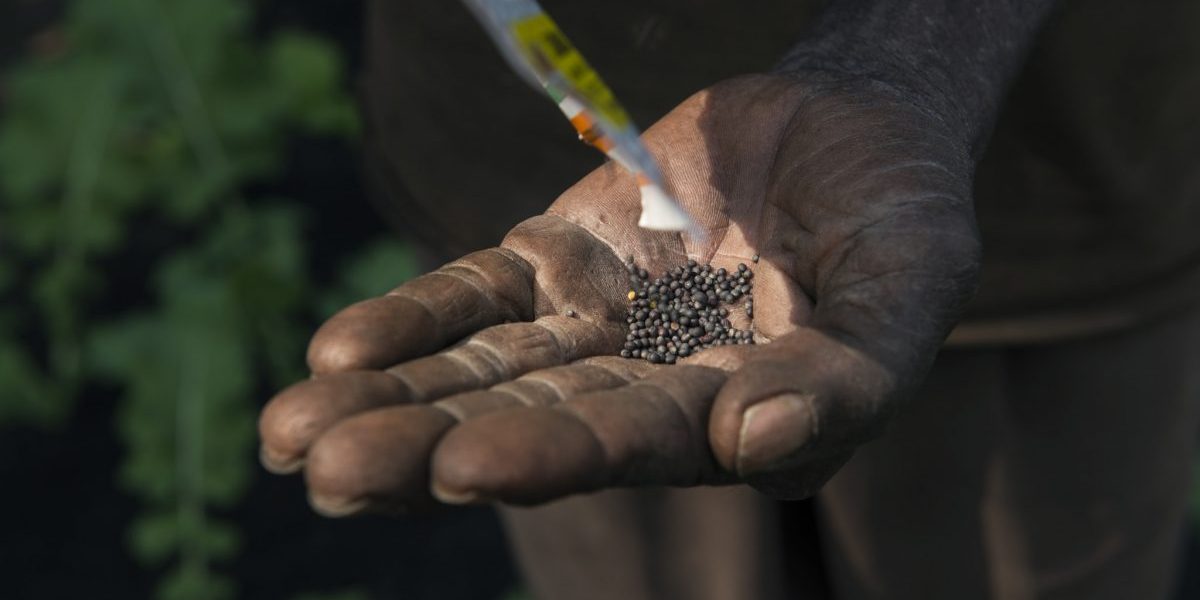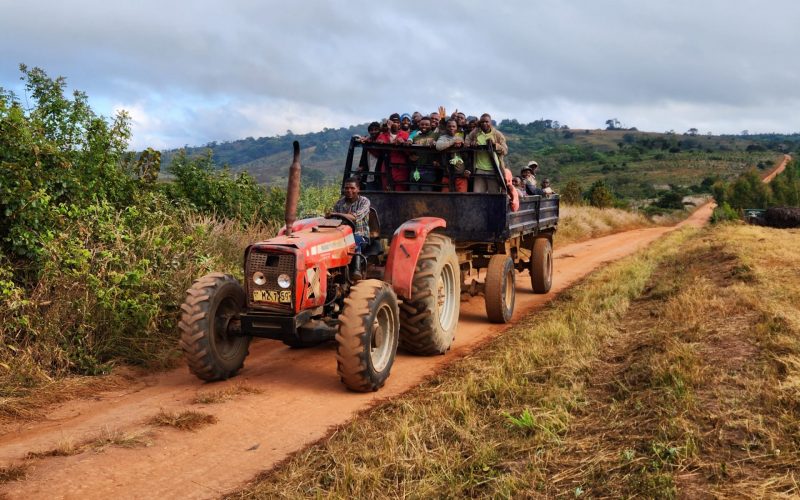The panel’s recommendations follow:
Science and technology options that can make a difference
- Adopt a market-led productivity improvement strategy to balance supply and demand and enable farmers to respond better to price fluctuations.
- Adopt a production ecological approach with a primary focus on identified continental priority farming systems. This involves mixed and multiple cropping coincident with environmental conditions.
- Pursue a strategy of integrated sustainable intensification of production, ‘encompassing a simultaneous increase in the productivity of land, labour and other inputs, while minimising adverse environmental effects.’
- Bridge the divide between classical plant breeding and genetic modification.
- Recognise the potential of rain-fed agriculture and accord it priority.
- Reduce land degradation and replenish soil fertility.
- Explore integrated catchment strategies for natural resource management.
- Promote the conservation, sustainable and equitable use of biodiversity.
- Enhance the use of mechanical power.
- Embrace information and communication technology at all levels.
- Improve the coping strategies of farmers in response to environmental variability and climate change.
Building research, knowledge and development institutions
- Design and invest in national agricultural science systems that involve farmers in education, research and extension.
- Encourage institutions and mechanisms to articulate science and technology strategies and policies.
- Cultivate African centres of agricultural research excellence.
- Increase support for agricultural research and development.
- Strengthen international agricultural research centres.
Creating and retaining a new generation of agricultural scientists
- Focus on current and future generations of scientists in Africa.
- Broaden and deepen political support for agricultural science.
- Reform university curricula to incorporate ecological and multidisciplinary approaches to agricultural study at the undergraduate level.
- Mobilise increased and sustainable funding for higher education in science and technology, minimising dependence on external donor support.
- Strengthen science education at primary and secondary school levels.
Markets and policies to boost income and food security
- Invest more in rural infrastructure.
- Expand market opportunities.
- Institute effective intellectual property rights regimes to encourage the private sector and facilitate public-private partnerships.
- Reduce barriers to increased African trade with OECD countries.
- Improve data generation and analysis related to agriculture, food and nutrition security, and vulnerability.
Engaging science and technology for the benefit of African agriculture








